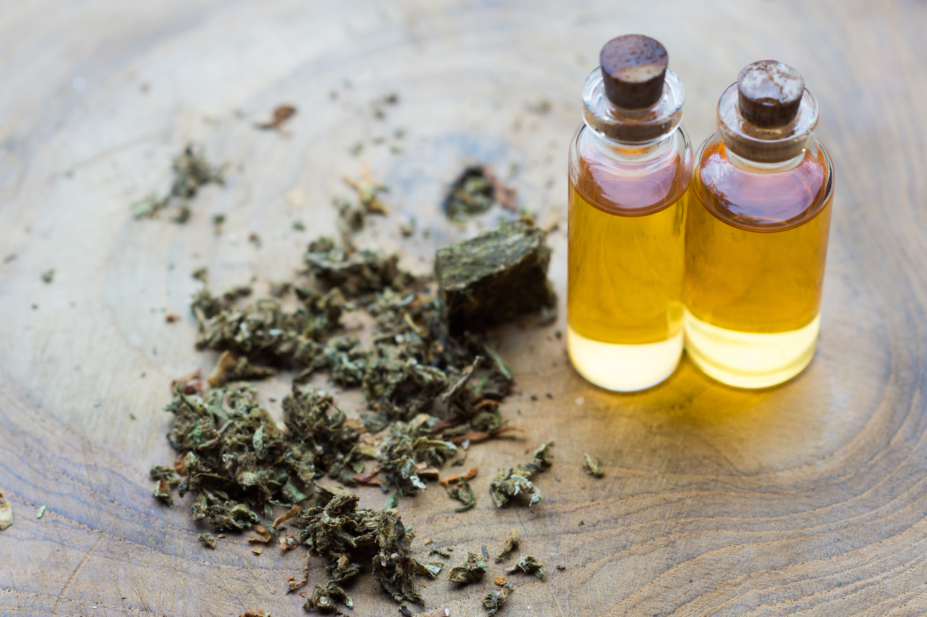
Shutterstock.com
Pharmacists selling or supplying cannabis-based products for medical use (CBPM) or cannabidiol (CBD)-containing products must check the status of the product or risk not being protected by indemnity insurance, the National Pharmacy Association (NPA) has warned.
In a superintendent update published on 3 July 2019, Leyla Hannbeck, director of pharmacy at the NPA, said that before supplying any cannabis or CBD-containing products, pharmacists should check whether the product is a registered medicinal product, a controlled drug, a food supplement or an unlicensed special, before they supply it.
If the sale or supply of that particular product is illegal under UK and EU law, the product is being supplied for an unlicensed use, or if the necessary permissions and authority to sell or supply the product have not been obtained, the terms of a pharmacist’s indemnity will have been breached.
“Failure to [check] will mean that in the event that a third party claim is made against the member’s professional indemnity policy, or a request is made by the member for legal defence or representation to respond to a Regulatory or Criminal investigation, that indemnity, legal defence or expenses cover may not be provided,” said Hannbeck.
The NPA said that, since the change in legislation governing the supply of CBPM from 1 November 2018, it had seen a significant increase in the number of queries regarding the supply of cannabis oil and CBD-containing products, as well as queries questioning the validity of prescriptions for CBPM.
“Currently there is no licensed CBPM marketed in the UK,” Hannbeck said.
“In addition, there is no available list of approved products or suppliers because these products are unlicensed specials; any manufacturer or importer that obtains/supplies CBPM will require specific licencing from the Home Office and Medicines and Healthcare products Regulatory Agency.”
The NPA said that pharmacists should be performing “necessary” checks before the sale or supply of cannabis oil or CBD-containing products.
It highlighted that only CBD or cannabis oil products marketed as non-medicinal products or food supplements can legally be sold over-the-counter, and that there should be no medicinal claims on the packaging of the product or given verbally during the sale.
It also said that pharmacists should ascertain the level of tetrahydrocannabinol, which can be abused for its psychoactive effects; inform the customer if it is present in the product, even in trace amounts; and carry out clinical checks to ensure that the product will not interact with the patient’s existing medicines or medical conditions.


